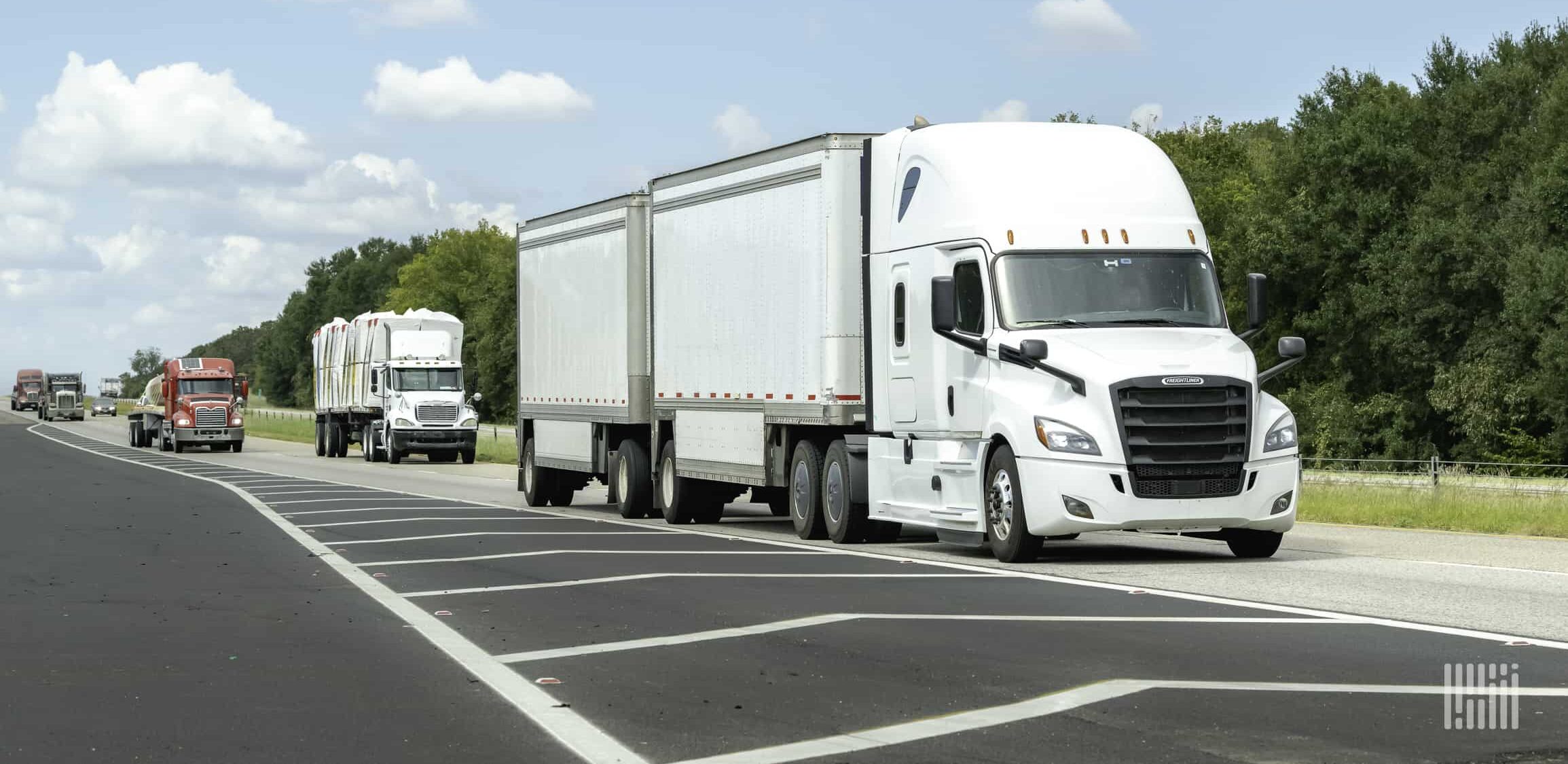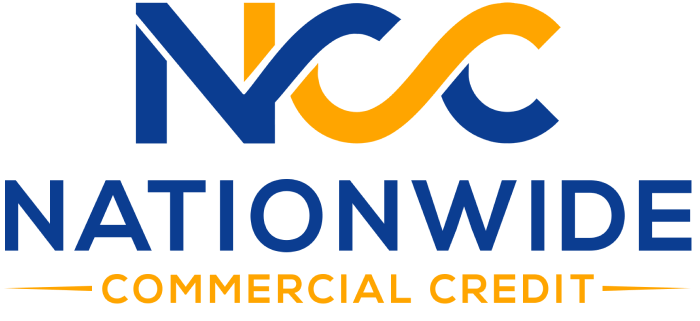Invoice factoring can help you collect payments on invoices faster and stabilize cash flow for your trucking business. However, if you want to make the most of this financial tool, you must familiarize yourself with factoring rates and fee schedules. Otherwise, you may inadvertently hinder the growth of your business by giving up too much of your profits. Let’s take a deep dive into answering the following question: “What is the cost of invoice factoring?”
Factoring fees explained: What you need to know
Before you can make an informed decision on how to finance your business, you must understand how factoring rates and fees work. We’re answering some of the most frequently asked questions below.
What are factoring fees?
All factoring companies charge a factoring fee. You may opt for a flat rate. Alternatively, factors will charge a percentage of the amount advanced or of the invoiced value.
As an example, if you are paying 1% of the invoice value of $100, you will pay $1. If you have taken 80% of the value as an advance, you’ll pay $0.80.
Factoring costs accumulate from the day that you receive the factoring funds until the customers pay the invoices. The factoring company will collect this payment from you on the day the customer pays.
The rate you’ll pay usually falls between 1% and 5%, and depends on the:
- Volume of receivables you plan to factor each month
- Average size of the invoices factored
- Amount of time your customers take to pay their invoices
- Creditworthiness of your clients
What is the cost of invoice factoring?
The cost of factoring differs from company to company and depends on the terms of your agreement. The rate you pay depends on the factors above and can cost from 0.5% to 5% of the advanced funds.
What are the discount rates for factoring?
Many factoring companies offer discount rates to encourage truckers to factor a larger volume of invoices. For instance, if you agree to factor all your invoices with a specific provider, they may drop their fee from 4% to 2.5%. They’ll generate more total revenue because you’re factoring every invoice with them, and you’ll get to keep more of your profits.
Agreeing to factor every invoice may not be a wise move for your business, especially if most of your clients settle their debts in a timely fashion.
How many invoices do I need to factor?
Many factoring companies will only buy your accounts receivable if you meet their minimum requirements. If you don’t meet that minimum, the factoring company won’t accept your account.
Are factoring fees considered interest?
Though companies use factoring to improve cash flow, it is not a loan. The company is selling part of its invoice book. It receives, in return, early payment for the invoices factored.
From an accounting perspective, the factoring fee is an interest expense. It is an expense incurred to improve cash flow rather than wait out the terms of trade.
Can you write off factoring fees?
Factoring fees are normal business expenses. You can expense them on a monthly basis for tax purposes. Make sure you keep a detailed record of all factoring fees so you can properly document them when filing your taxes.
Things to consider with invoice factoring rates and fees
Factoring rates and fees can be confusing, so you need to know how certain elements affect the rates and fees charged. Some of the most important fees and rates include:
Invoice rates
Factoring companies advance money to businesses in expectation of receiving payment within a certain time. You can expect, therefore, that they will take the time value of money into account.
Let’s assume that your factoring company charges you 1.5% for an advance on a 30-day invoice. After the 30 days have passed, you could expect to pay an additional amount over and about 1.5%. Now you may have to pay 1.75% or 2%.
If you want to avoid a situation where the rate is uncertain, you may prefer to pay a flat rate. A flat rate will remain unchanged no matter how long the invoice remains unpaid.
Credit
The factoring company will take into account your customers’ payment history in determining the level of risk involved. If your customers have a poor payment history, you are likely to pay higher factoring fees. On the other hand, if your clients have great credit histories, you’ll probably be offered lower fees even if you opt for nonrecourse factoring.
Volume
The value of your business will have an effect on the factoring rate. The more invoices you generate, the more attractive your business and the lower the factoring rates.
Customer service
Don’t settle for anything less than great customer service. Many factoring businesses fail over the longer term. Make sure that you settle with a company that has been around for at least a few years. You should also ensure that you can access your information 24/7 via a user-friendly website.
Recourse or non-recourse factoring
Whether you choose recourse or non-recourse factoring will have an effect on the factoring fees that you pay. With recourse factoring, the factoring company pays you for the invoices. After an agreed period, you will have to reimburse the factor for unpaid invoices.
With non-recourse factoring, the factoring company buys the invoices with no recourse conditions. The factoring company takes on the risk of late or nonpayment. If the client refuses to pay the invoice, the factor takes the loss, not your business. However, non-recourse factoring fees are higher, as the company takes on much more risk.
Cost
It is important that you shop around. Some factoring companies charge higher rates than others. If your business is paying more than it should for factoring, your profits will suffer. Even a 1% difference in fees can impact your bottom line, especially if you decide to factor all of your invoices.
Factoring fees vs. factoring rates
Most factoring companies calculate factoring fees using a variable rate. Other factoring companies charge an upfront flat fee. With a flat fee, you know exactly how much the factoring will cost you no matter how long the customer takes to pay the invoice.
Counting the cost of invoice factoring
Now that we’ve answered the question “What is the cost of invoice factoring?” you can decide whether factoring is right for your business.
Keep in mind that you don’t have to factor every invoice. Instead, you can work with a partner with no or low monthly minimum factoring requirements. Doing so gives you the freedom to factor invoices on an as-needed basis.
If you want to ensure that your business maintains a stable cash flow, invoice factoring is a great way of doing just that.
Instead of waiting months to get paid, you can receive funds in days. That perk makes factoring a good option for all businesses, from solo operations to growing fleets. The bottom line is that factoring can be an asset to your business growth, provided you choose the right partner.
FAQ
The typical factoring fee ranges between 0.5% and 5% of the invoice value.
To calculate a fee, subtract the percentage rate from the invoice value. For example, if your invoice is $1,000 and the rate is 5%, your fee would be $50.
The truck company bears the cost of factoring, as it sacrifices a portion of profits in exchange for immediate payment.




